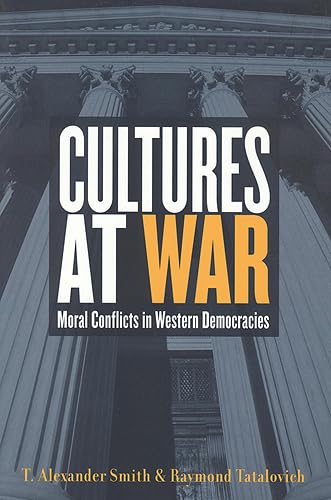
iBet uBet web content aggregator. Adding the entire web to your favor.
Link to original content: https://www.bookfinder.com/isbn/1551113341/


Cultures at War explains the rise and impact of moral conflicts on the recent political life of western democracies. Smith and Tatalovich conceptualize all moral conflicts as clashes between egalitarian and hierarchical forces. At their core, moral conflicts are debates over "identity" and the status of various groups in society.
The book is organized around the "stages" of the policy process, especially agenda-setting and adoption. How the policy process is affected by moral debate is analyzed through numerous case studies drawn mainly from Canada, the United States, the United Kingdom, France, and Germany. Central to the entire analysis are three moral conflicts—capital punishment, homosexuality, and abortion—though others, for example gun control, euthanasia, and fox hunting, are included to illustrate specific points.